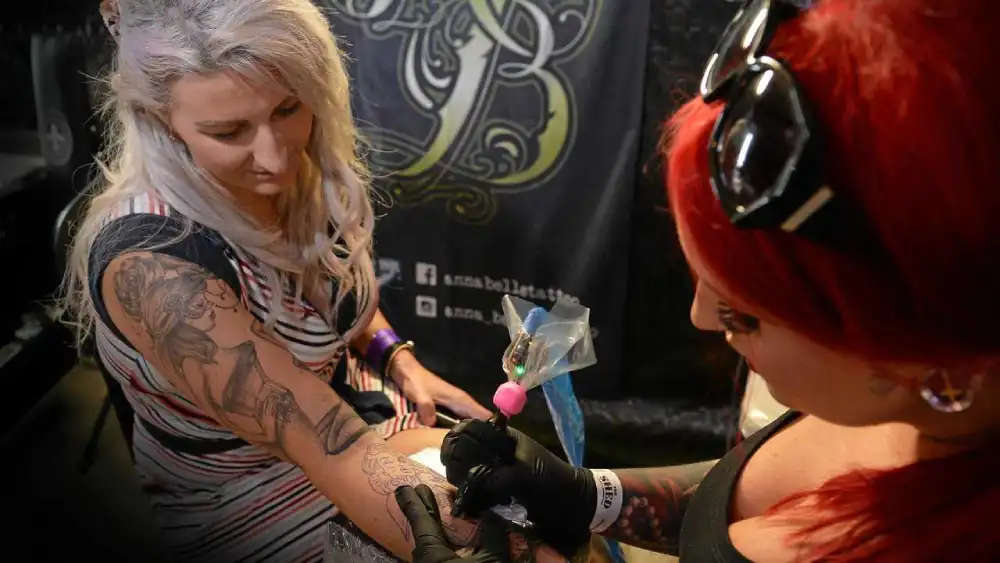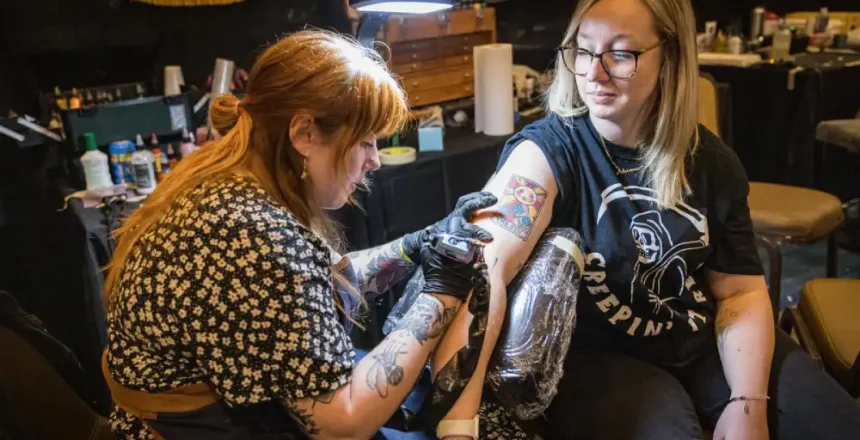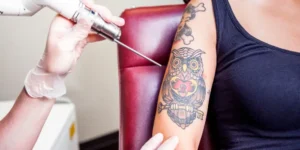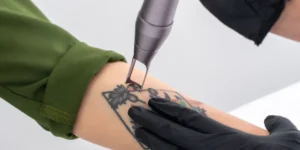Introduction
Friendships are built on trust, understanding, and open communication. However, there are moments when delicate topics arise, and navigating them requires a blend of tact, empathy, and honesty. One such topic can be addressing a friend’s tattoo that, in your perspective, might not be working for them anymore. This exploration offers insights and strategies for approaching such a conversation, ensuring the bond of friendship remains intact.
Chapter 1: Assessing the Need for the Conversation
Before broaching the topic, it’s essential to assess the need for the conversation:
- Personal Bias vs. Genuine Concern: Reflect on whether your feelings stem from personal biases or a genuine concern for your friend’s well-being or image.
- Potential Impact: Consider the potential emotional impact on your friend. Is the conversation necessary, or can it potentially do more harm than good?
Chapter 2: Choosing the Right Moment
Timing can be crucial when discussing sensitive topics:
- Private Setting: Choose a private setting where your friend feels comfortable and safe.
- Emotionally Receptive: Gauge your friend’s emotional state. Avoid bringing up the topic if they’re already stressed or upset.

Chapter 3: Framing the Conversation
How you frame the conversation can influence its reception:
- Empathy First: Start by expressing your care and concern for your friend, ensuring they know the conversation comes from a place of love.
- “I” Statements: Use “I” statements to express your feelings without sounding accusatory. For instance, “I’ve noticed that the tattoo seems to have faded, and I was wondering how you feel about it now?”
- Open-ended Questions: Encourage your friend to share their feelings about the tattoo. This can open a dialogue rather than making it a one-sided conversation.
Chapter 4: Offering Support
If your friend expresses any concerns or regrets about their tattoo:
- Listen Actively: Be an active listener, offering empathy and understanding.
- Research Together: If they’re considering modification or removal, offer to research options together, providing both moral and informational support.
- Avoid “I Told You So”: Even if you had reservations about the tattoo initially, avoid bringing that up. Focus on the present and how you can support them now.

Conclusion: Tattoos, Friendships, and Delicate Conversations
Tattoos, like friendships, are deeply personal and can evolve over time. Navigating conversations about a friend’s tattoo requires a blend of empathy, understanding, and open communication. By approaching the topic with care and genuine concern, friends can ensure that their bond remains strong, even when discussing sensitive subjects. In the realm of friendships and tattoos, it’s not just about the ink, but about the trust, understanding, and mutual respect that craft the narrative of enduring relationships.
Note: Always approach sensitive topics with care and empathy. Remember that everyone has the right to their choices and feelings, and it’s essential to respect boundaries and individual decisions.




